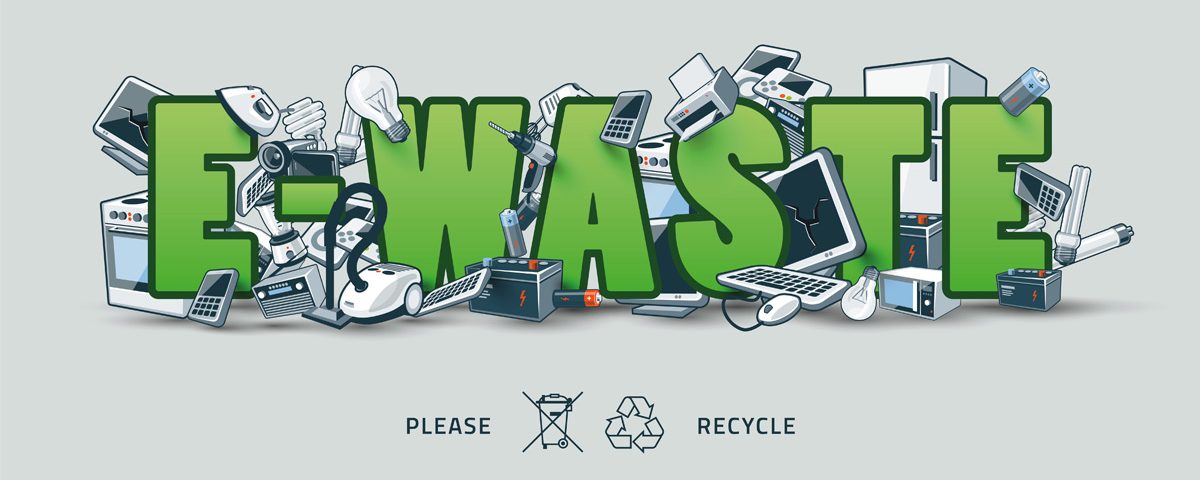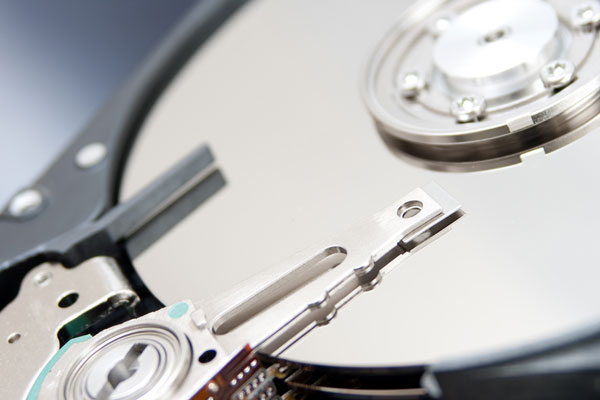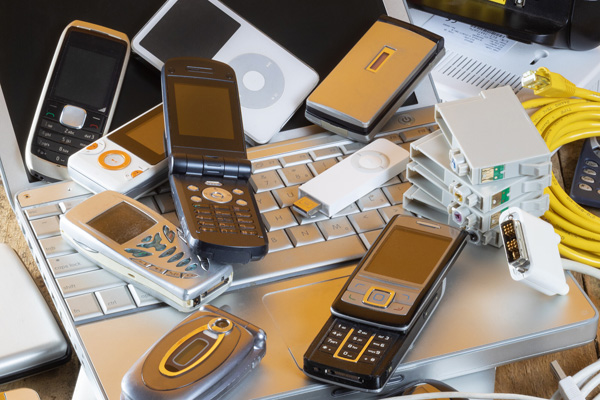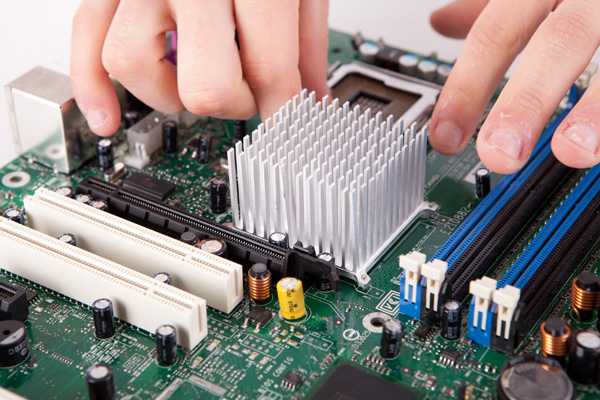e-Waste Recycling Regulations
25 States and the District of Columbia Have Passed Legislation
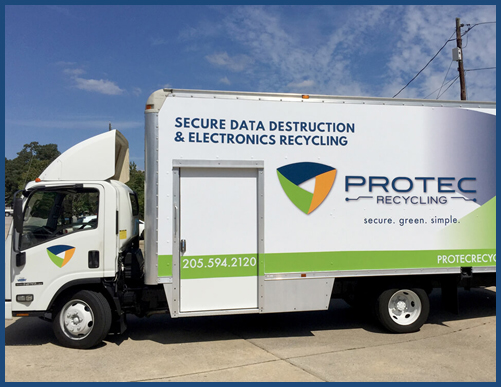 In today’s world, electronic waste has become a significant environmental problem. Toxic metals go into landfills or are shipped around the world to create enormous waste dumps.
In today’s world, electronic waste has become a significant environmental problem. Toxic metals go into landfills or are shipped around the world to create enormous waste dumps.
Are our laws keeping up with e-waste?
Most of the action in dealing with electronic waste happens on the State and local levels. To-date, 25 States and the District of Columbia have established electronic waste recycling programs. The National Conference of State Legislatures lists state-by-state legislation on their website.
In most states, recycling rules require the manufacturer to take responsibility by paying to collect and recycle products covered under the law.
In California, consumers pay an additional amount at the time of purchase which is deposited into a statewide recycling fund.
On the Federal level, there is the Resource Conservation and Recovery Act (RCRA), which gives the Environmental Protection Agency (EPA) the authority to control hazardous waste, including generation, transportation, treatment, storage, and disposal. e-Waste is involved when it is classified as “hazardous.” Unfortunately, many exemptions to the definition of hazardous waste have left the RCRA inadequate to combating the worldwide dumping of electronic waste.
The Environmental Protection Agency
The EPA promotes electronic donations and recycling to “conserve resources and natural materials.” The agency recognizes that electronics are made from valuable resources like gold and copper, as well as rare earth elements including lanthanum and mischmetal.
From the EPA’s website:
- Recycling one million laptops saves the same amount of energy as powering 3,500 homes with electricity for one year.
- One million recycled cell phones contains: 35 thousand pounds of copper, 772 pounds of silver, 75 pounds of gold and 33 pounds of palladium.
- 21 manufacturers and retailers, from Staples and Best Buy to Samsung and HP offer recycling programs for mobile devices, PCs, and even TVs.
When computers, servers, printers, copiers, and peripherals of all kinds age out of usefulness, they present a variety of challenges, including e-Waste dumping in foreign countries like Ghana, the Philippines, Nigeria, and India.
American Ingenuity and Entrepreneurship
Manufacturer takeback programs in the U.S. are offered even where no laws or regulations require them. Many manufacturers and retailers recognize the need to take responsibility for the generation of so many electronics. Today, the average American household owns 24 electronic devices, including laptops, cell phones, and tablets that are doomed to age out of use within a few years.
In Alabama, Protec Recycling has built a thriving business helping both residential and business customers recycle, repurpose, and even resale their aging electronics. Protec serves government agencies, the medical and legal professions, corporate and educational facilities, data centers, and more.
Keeping it Simple, Green, and Secure
100% of end of life electronics recycled with Protect never see a landfill. They are recycled or repurposed and resold for reuse.
Would you like to work with Protec Recycling? It’s easy, give us a call at 205-549-2120, or visit our Contact Us page today!

